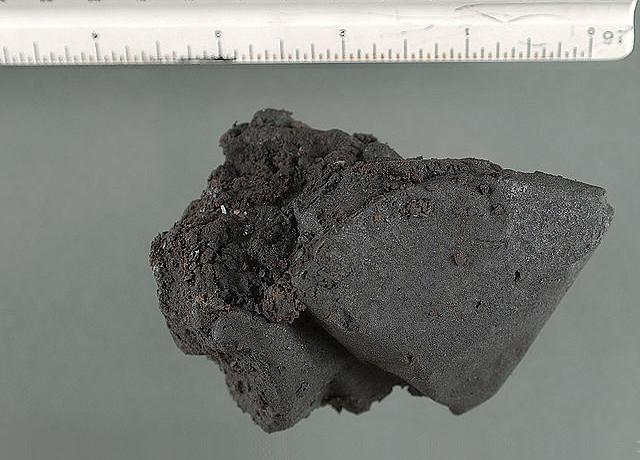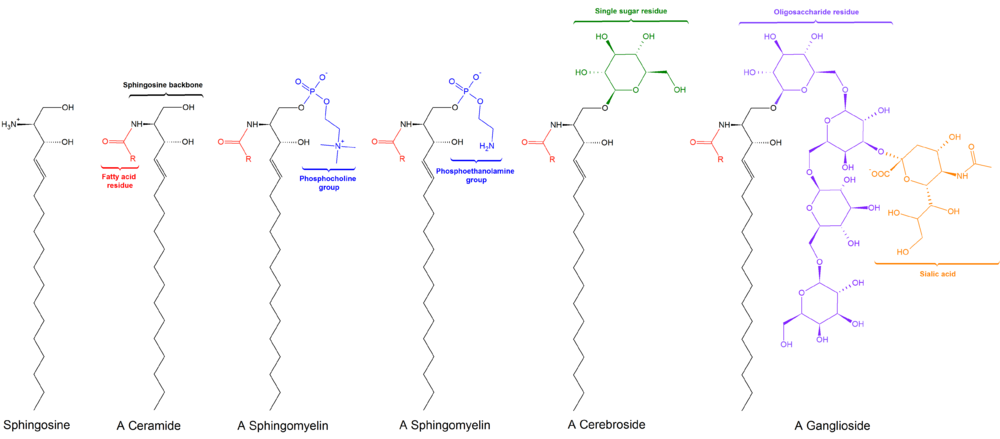
Heroin use in Pacific Northwest linked to incurable kidney disease

Usually seen with inflammatory illnesses, the disease here has an unusual common thread: injection-drug use.

A new UW Medicine study strongly associates the use of intravenous heroin – in particular the black tar variety popular in the Pacific Northwest – with an untreatable kidney disease that often leads to dialysis and death.
The paper, published June 15 in the Clinical Journal of the American Society of Nephrology, showed that, among 38 patients diagnosed with AA-type kidney amyloidosis, 35 had a previous history of heroin use. The patients had been evaluated or treated for kidney disease between 2005 and 2015 at Harborview and UW Medical Centers in Seattle. An editorial on the changing spectrum of heroin-associated kidney disease accompanies the research article.
Lead author Bryan Kestenbaum is also an investigator at the Kidney Research Institute.
Kidney Research Institute.
AA-type amyloidosis is rare, historically related to chronic inflammatory conditions such as rheumatoid and juvenile arthritis and inflammatory bowel disease.
“But in certain geographic areas, like Seattle, most of the people who had this unusual condition were chronic heroin users,” said Dr. Bryan Kestenbaum, professor of medicine/nephrology at the University of Washington School of Medicine.









